Mohammad Kaif: Mohammad Kaif, a name that once dominated Indian cricket in the early 2000s, is remembered for his brilliant batting, match-winning knocks, and exceptional fielding skills. His rise from a young, talented cricketer to a core member of the Indian team was a testament to his dedication and hard work. However, like many other cricketers, his career went through various phases, influenced by both external factors and his own performances.
Mohammad Kaif: While several people and events played a role in shaping Kaif’s career, there are a few key individuals and moments that had a profound impact on his cricketing journey. From mentors to teammates, selectors to captains, Mohammad Kaif’s cricketing career was marked by the influence of some key figures.
Initial Impact Of Coach And Mentors
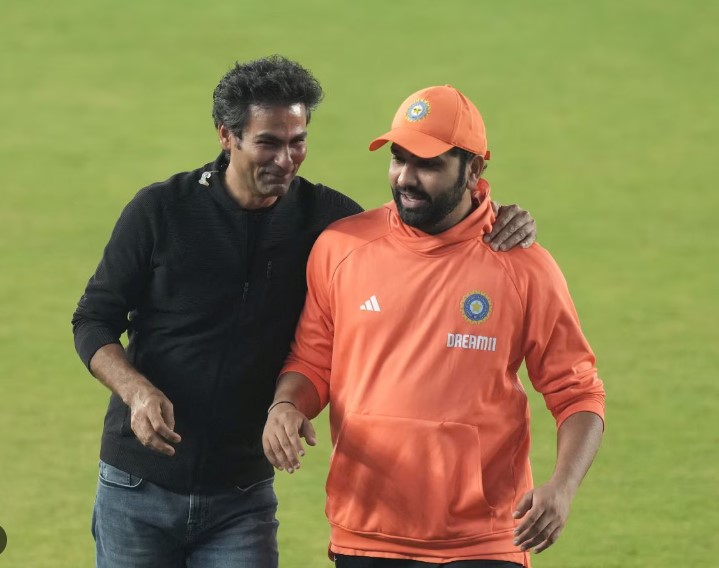
Mohammad Kaif: Every cricketer’s journey begins with the guidance of coaches and mentors who help mold their skills. Mohammad Kaif, hailing from the small town of Allahabad, was fortunate enough to come under the mentorship of some influential figures who helped shape his early career.
Mohammad Kaif: One of the most important figures in Kaif’s early development was his coach, Raj Singh Dungarpur, who recognized Kaif’s talent when he was a young boy. Dungarpur, who was also the former chairman of the Indian selection committee, played an instrumental role in guiding Kaif through the initial stages of his career. Dungarpur’s mentorship helped Kaif hone his batting technique and gave him the confidence to succeed at higher levels of competition.
Mohammad Kaif: Additionally, Kapil Dev, the legendary Indian cricketer and former captain, also had a strong influence on Kaif’s career. Known for his all-around abilities and aggressive mindset, Kapil Dev’s leadership and advice helped Kaif realize the importance of fielding, something that became one of Kaif’s key strengths in his international career. The lessons from Kapil Dev on the mental toughness required in cricket helped Kaif develop into a more resilient player on the field.
Mentors And Coaches Impact On Kaif
| Mentor/Coach | Role in Career Development | Key Contributions |
|---|---|---|
| Raj Singh Dungarpur | Early mentor and cricket coach | Guided Kaif’s technique and early development in cricket. |
| Kapil Dev | Cricketing legend and mentor | Encouraged fielding, mental toughness, and aggressive play. |
| Suresh Raina | Fellow cricketer and motivator | Bonded with Kaif in fielding and overall cricketing mentality, especially in limited-overs formats. |
The Role Of Sourav Ganguly
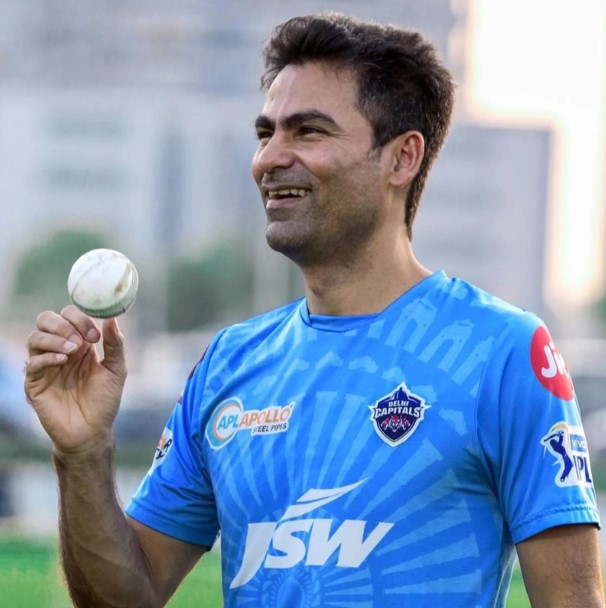
Mohammad Kaif: Sourav Ganguly, the captain of the Indian team during Kaif’s early career, played an undeniably crucial role in shaping Mohammad Kaif’s cricketing journey. Ganguly, known for his leadership and ability to back young players, gave Kaif the platform to showcase his talents on the international stage.
Mohammad Kaif: Under Ganguly’s captaincy, Kaif was included in the Indian team during the early 2000s, a period when India was transitioning from a team that had struggled in the past to one that began to taste consistent success. Ganguly believed in the youth of the Indian team and gave them opportunities to flourish, and Kaif was no exception. His confidence in the younger players allowed Kaif to express himself freely and develop as a key player for India, particularly in ODIs.
Mohammad Kaif: One of Kaif’s most memorable moments came during the 2002 NatWest Series final in England, where he played a match-winning knock under immense pressure. Ganguly’s belief in Kaif’s potential was evident in his decision to promote Kaif to crucial batting positions, giving him the chance to showcase his skills on the biggest stages.
Mohammad Kaif: Ganguly’s leadership not only helped Kaif gain confidence but also allowed him to build strong partnerships in the middle order with players like Dinesh Mongia and Virender Sehwag. Ganguly’s approach to team-building had a lasting impact on Kaif’s career.
Key Moments Under Ganguly’s Leadership
| Year | Series/Event | Kaif’s Contribution | Significance |
|---|---|---|---|
| 2002 | NatWest Series Final | 87 runs in a match-winning chase | Kaif’s knock helped India win a landmark series in England. |
| 2003 | ICC Cricket World Cup | Crucial middle-order runs | Kaif played key knocks, especially in India’s victory over Kenya. |
Impact Of Rahul Dravid
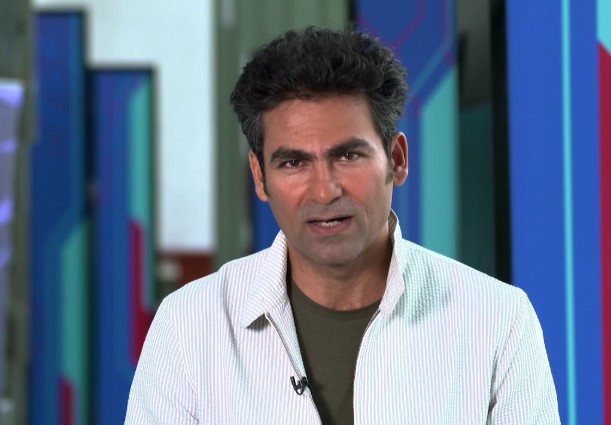
While Sourav Ganguly played a significant role in the early part of Kaif’s career, Rahul Dravid played an equally important role in his development as a cricketer. Dravid, known for his technique and temperament, was a stabilizing force in the middle order of the Indian team. His calm demeanor and impeccable batting skills provided a template for Kaif.
Dravid was not only a mentor for Kaif on the field but also a source of inspiration off the field. Dravid’s meticulousness in preparation, his focus on building innings, and his ability to deal with pressure were qualities that Kaif admired. Dravid’s adaptability in different formats of the game helped Kaif learn the nuances of batting in various match situations.
Under Dravid’s captaincy (from 2005 to 2007), Kaif continued to feature prominently in the Indian middle-order, but his performances started to decline. However, Dravid always had faith in Kaif and offered him opportunities in the team even when others were pushing for more aggressive players in the middle order. It is evident that Kaif’s understanding of batting in pressure situations was partially shaped by Dravid’s influence.
Kaif’s Development Under Dravid’s Leadership
| Year | Role in Team | Key Contributions |
|---|---|---|
| 2005-2007 | Middle-order batsman | Kaif played crucial knocks, but struggled to maintain consistency. Dravid’s leadership helped provide stability. |
The Influence Of MS Dhoni
As Kaif’s career continued, new players began to rise in Indian cricket. One of the most prominent figures to impact Kaif’s career during the later years was MS Dhoni. Dhoni, who made his debut in 2004, brought a fresh approach to Indian cricket, with his aggressive batting and calm captaincy.
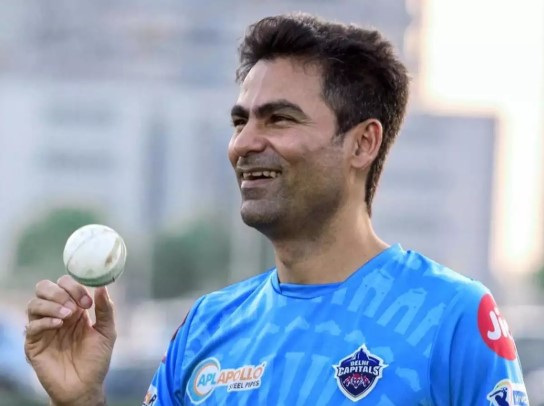
While Kaif had been part of the Indian team for several years, Dhoni’s rise to prominence changed the team’s dynamics. Dhoni, known for his aggressive batting and exceptional leadership qualities, represented the new breed of cricketers who could finish matches with power-hitting, an area where Kaif had not evolved as much. The emergence of Dhoni led to a paradigm shift in Indian cricket, with a greater emphasis on players who could strike big in the middle overs.
Additionally, Dhoni’s leadership style, which focused on adaptability, player flexibility, and fast decision-making, influenced the team’s strategies. Under Dhoni’s captaincy, there was less space for players who relied on steadiness rather than aggression. As a result, Kaif’s more classical style started to seem less suited to the evolving demands of the team. Despite Kaif’s talent, the emergence of younger players like Suresh Raina and Yuvraj Singh, who offered both consistency and power, meant that Kaif lost his place in the team.
Transition From Kaif To Dhoni Era
| Year | Key Factor | Impact on Kaif |
|---|---|---|
| 2007 | MS Dhoni’s rise as captain | Kaif’s place in the team became uncertain as Dhoni revolutionized the team with aggressive, finishing players. |
| 2008 | Shift to younger players | Kaif found it increasingly difficult to secure a spot in the squad due to the rise of young talent like Raina and Yuvraj. |
Selectors And Team Management
Lastly, the role of the Indian selectors and team management cannot be ignored in determining Kaif’s career trajectory. As Indian cricket evolved, selectors became more focused on players who could adapt to the modern demands of fast-paced limited-overs cricket, where power hitting and fielding were paramount.
Kaif, who had been known for his anchor-role batting and exceptional fielding, struggled to keep up with the rapidly changing nature of the game. The selectors, led by Kerry Packer and Srinivas Venkataraghavan in the early 2000s, looked for players who could offer more flexibility, especially in terms of explosiveness in batting.
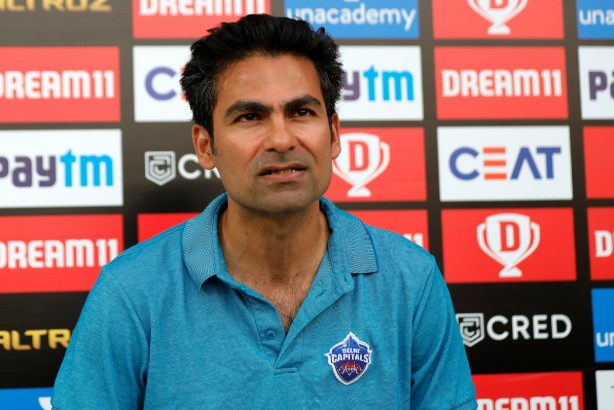
Kaif’s inability to evolve with these changes, combined with his fluctuating form and injuries, led to his eventual exclusion from the Indian squad in the later part of the 2000s.
The Legacy Of Mohammad Kaif
Mohammad Kaif’s cricketing career was impacted by many factors, ranging from his early coaches and mentors to the rise of new, more aggressive cricketers. Figures like Sourav Ganguly, Rahul Dravid, and MS Dhoni played pivotal roles in shaping his career, both positively and, eventually, through their emergence, signaling the end of his regular place in the Indian team.
Despite his struggles later in his career, Kaif’s contribution to Indian cricket is immense. His calmness under pressure, his fielding brilliance, and his maturity in the middle-order were qualities that made him a dependable player in the early 2000s. While his career may not have had the longevity some expected, his impact on Indian cricket, particularly in key matches, remains significant, and he will always be remembered for his contributions to Indian cricket.
